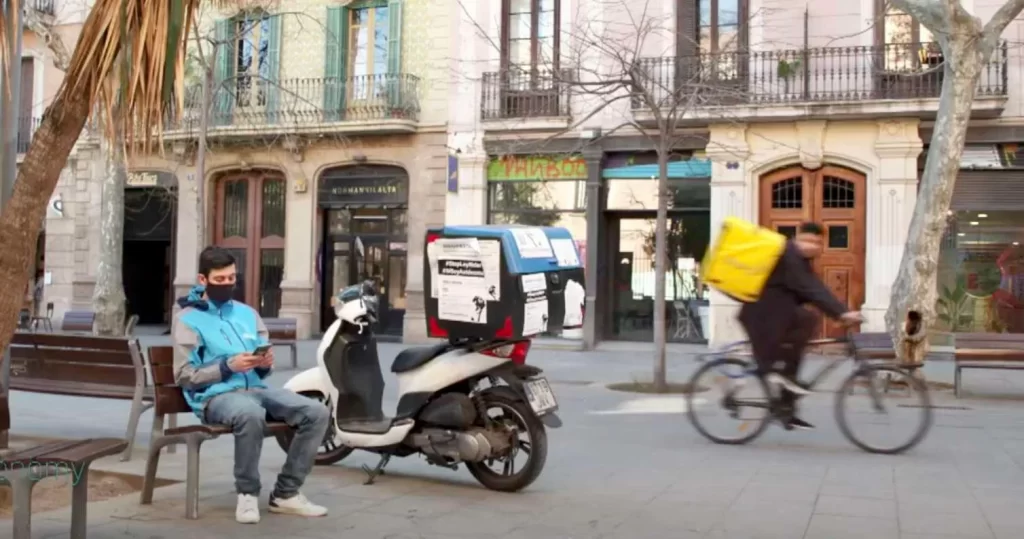Proposition 22 was passed in November 2020 with 59% of California voters casting in its favour. Its journey is interesting and novel and its all about the gig economy in the wider economy especially in US. Its is also where the gig economy began.
Proposition 22 was found unconstitutional by the courts but in March 2023, the ruling on appeal was overturned. Proposition 22 is now back and in effect in the State of California.
Proposition 22 was a ballot undertaken in the State of California. It sought an exception to then recent state statute requiring classification of gig economy workers as employees.
That exception is to cover app-based transportation and delivery companies in California.
So why this legislation confined to a state in the US relevant to the rest of the World?
Firstly California is where the gig economy began with the likes of Uber. Whatever happens in the birthplace of the gig economy is watched carefully all around the World.
It has a bearing on countries that have the likes of ride-hail and delivery contractors, which means much of the World. And we see them in the streets of Sydney, Dubai in the Middle East to Bali in South East Asia.
The crux of Proposition 22 and ongoing developments
The five main players behind Prop 22 are Uber, Lyft, DoorDash, Instacart and Postmates.
All app based tech firms are at the heart of the gig economy. It started with a desire to overturn a bill passed by California State Legislature in 2019.
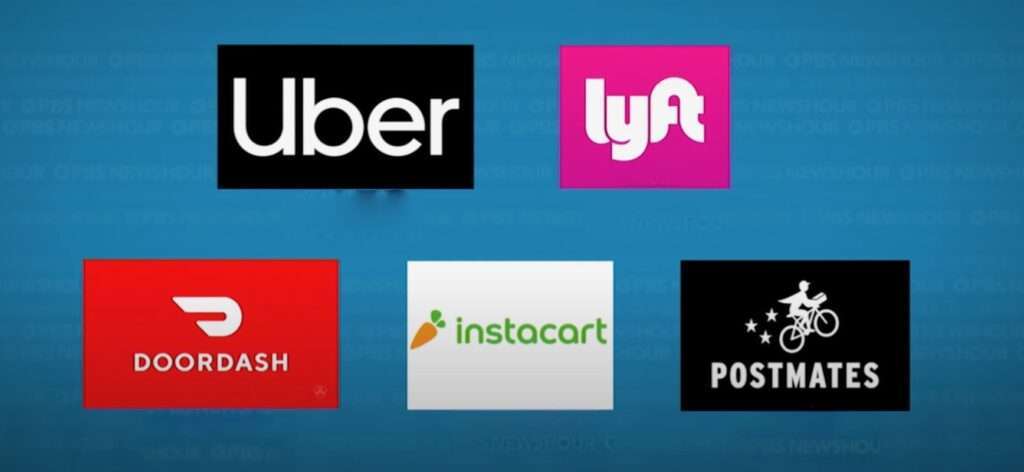
The ballot proposal addressed to two issues. To classify ride-hail drivers and delivery individuals in the gig economy as freelance workers, independent contractors or something similar.
In addition Proposition 22 also offered a series of alternate protection for independent contractors. Some of these include health insurance stipend for those who do a minimum of hours per week. As well as to cover medical cost for those injured in the course of work.
So the firms brought it to the people of California who made their intent known by a 59% vote.
Proposition 22 had a powerful and compelling argument. Uber wrote the strap-line for the argument.
80% termination of workforce
Uber argued they would have to terminate 80% of the workforce if they were classified as “employee”. The revenue flow and their business model could only support 20% of their then workforce under the employee classification.
Even if one discounted Uber’s claim by couple of tens, the impact was significant and those numbers could not be ignored.
The vast majority of their workforce preferred to work part-time and at the time of their choosing. This was a corollary and important argument. Hence the need for large workforce to cover availability of services around the clock.
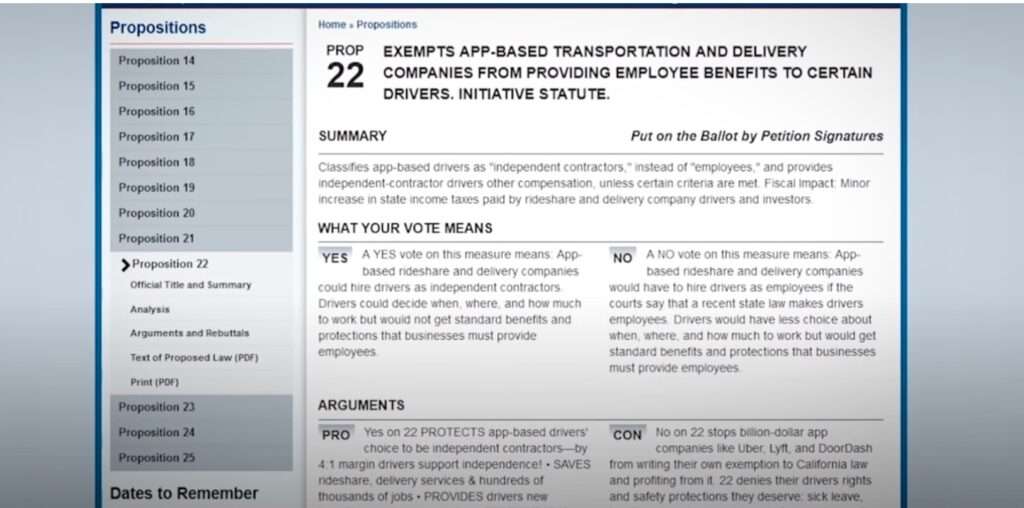
On August 2021 as a result of a union lawsuit, the courts found Proposition 22 unconstitutional.
Last month, in March 2023 the appellate court of California with 3 judges on appeal ruled unanimously it was indeed constitutional.
The Appellate court reversal caught the attention of the World.
More importantly the people of California voted for Proposition 22. It is not a regulation or law passed down by Government or the legislature.
The people spoke. The regulators and the legislators could not ignore it.
What next?
Legislators, regulators and interest groups around the World will have to re-examine their approach. The handling the worker classification issue in light of Proposition 22.
The single biggest question is around the powerful element of work flexibility and the ability to choose the time to be available.
It can be one day or one hour or even once a month. A fundamental concept that does not exist in a standard employment contract. An element of empowerment to the man on the street.
This flexibility phenomenon did not exist in the past as it does today. It is what defines the gig economy.
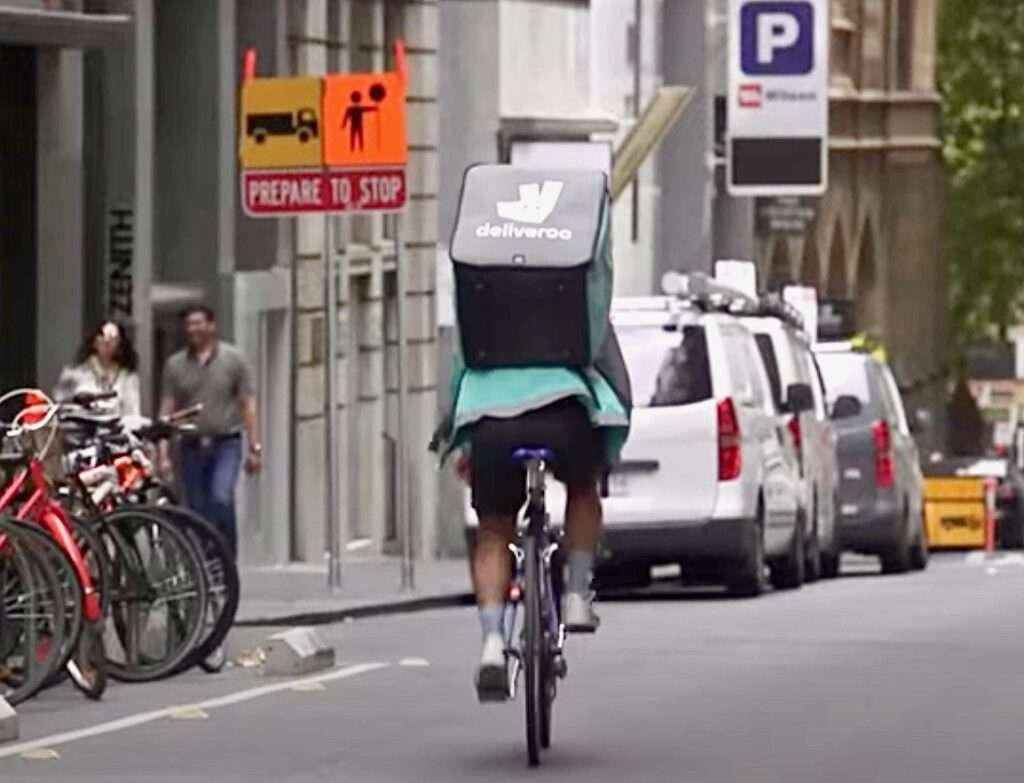
Proposition 22 positives
- Continue to provide services to the public at lesser cost compared to the employee classification approach
- The worker has a choice to remain a contractor and keep to their own schedule
- Avoids possible loss of jobs
- Conditional benefits and protection not previously available
Proposition 22 negatives
- Does not meet minimum wage when done full-time
- Lower set of benefits and protection compared to those who are classified as employees
- Union organisation and collective bargaining is less likely
A fork in the road for the gig economy
This then brings us to a fork in the road. Is aiming for a single definition or classification for a worker the solution?
To many the gig economy offered new found freedom within a work engagement. And some companies actually do not have minimum hours to remain on contract.

I can backpack for a few months and then return to driving for a ride hailing company without a glitch. I can also try multiple schedules in terms of days and hours over months without consulting the company to get to what works for me. Try that in a conventional non-gig company.
The lifestyle options in the gig economy therefore are immense while having an income stream.
The other interesting point is that all workers in the gig economy are not necessarily seeking the “employee” tag if it means a significant drop in being independent.
My guess is not every ride-hail driver or delivery courier wants to be classified as an employee. If it means losing his or her job or the flexibility. In essence we should be looking at 2 separate and distinct classifications or a matrixed approach.
Work regulatory and legislature framework
Legislators and regulators will now have to come from new direction besides the one currently taken. Not just protection of workers. Protection of the nascent gig economy is now just as important. No longer one group of people that need protection but those workers who want to remain outside the employee classification. Plus protecting the evolving model. .
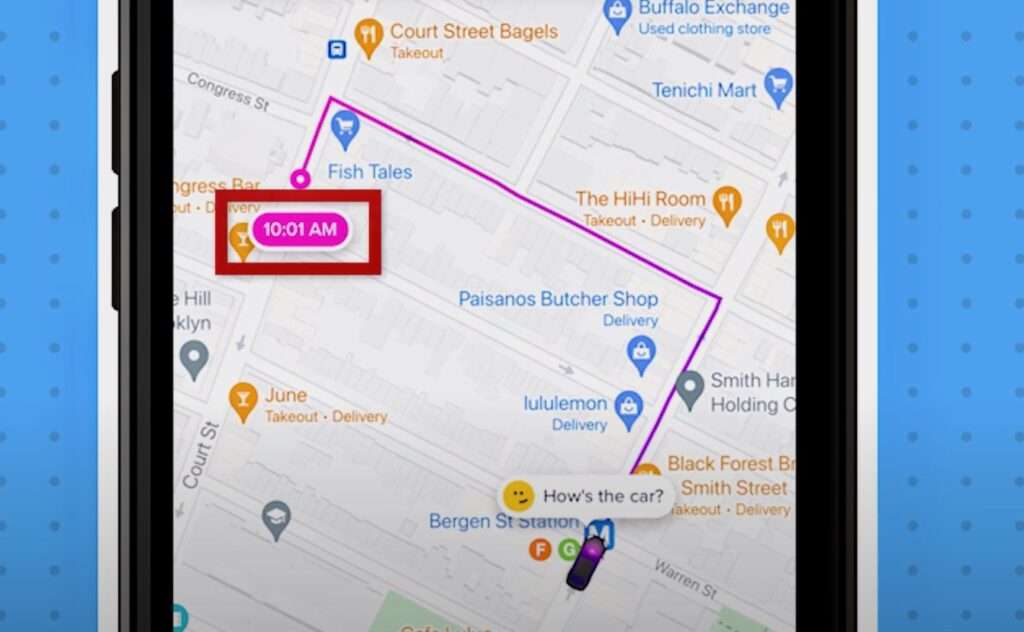
These worker who depends on this special type of economy for the secondary income or reduced hours for work life balance. People already employed, students, homemakers etc who need flexibility.
And lastly the entrepreneurs, the start-ups, the app developers and the growing eco system supporting cast that created and drives the gig economy. The very people that transformed the way we do things in a major way.
I have covered what the gig economy means in an earlier post here.
Its interesting that Proposition 22 defines this sector as “app based transportation and delivery companies”. It is predicated on technology.
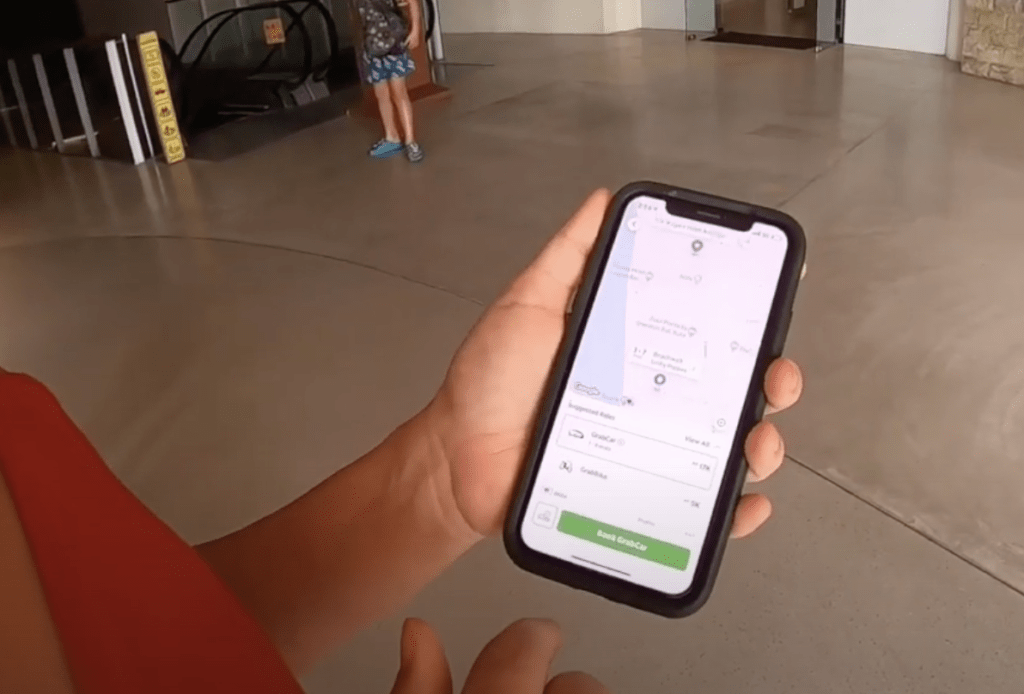
It is a very appropriate and recognises the value of technology to create a new paradigm for all of us. The smartphone has become the lynchpin.
And I suspect all countries if faced with a referendum similar to Proposition 22 will end up with the same result.
